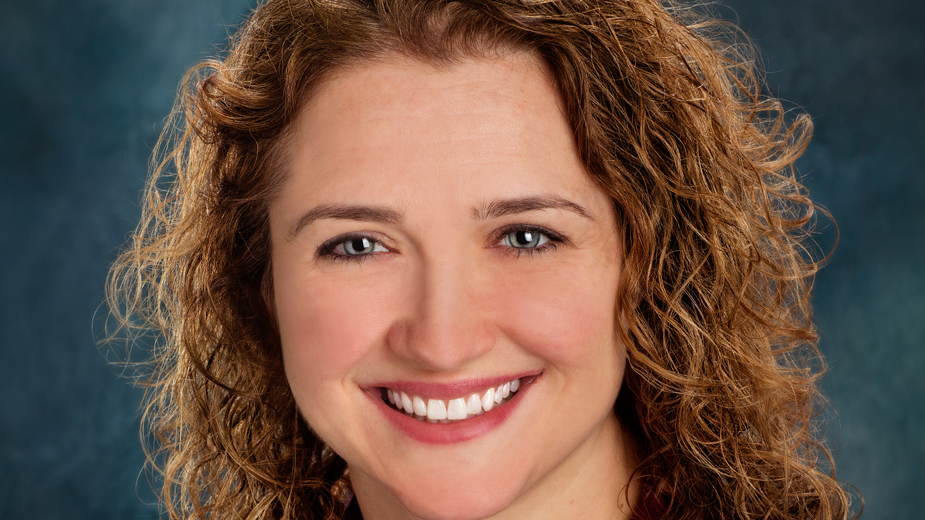What to Consider When Evaluating a College
Depending on their interests and aspirations coming out of high school, most students consider entering college or trade school, getting a full-time job, or enlisting in the armed forces as their next step. Any of these can be the right choice. It depends on the student’s passion and career goals.
Every student should consider the options and make an informed decision. For more and more students, college is the right choice as more jobs will require at least some college training and a college degree will open a lot of doors.
But college can also be demanding. It requires an investment of time, energy and money. So students and their families should get as much information as they can. This is especially true for students who are the first in their families to go to college.
Why should students consider college?
Dr. Lance Grahn, dean and chief administrative officer of Kent State University at Trumbull: With hard work and perseverance, college can be your ticket to a brighter future. According to the Bureau of Labor Statistics, individuals with a bachelor’s degree, age 25 and older, earn 60% more than people with no degree and are twice as likely to stay employed. A person with a bachelor’s degree typically earns as much as $1 million more over a lifetime than someone with just a high school diploma.
A college degree or certificate is a sign of greater expertise. In many cases, this is the reason an employer decides to interview and eventually hire a candidate. Employers also see a degree as evidence that you can tackle a big project and finish it successfully. And a degree gives you more flexibility and adaptability.
The rule-of-thumb is that most people will have five, six or seven different jobs over a lifetime. Many of these jobs don’t even exist yet. All of the experiences behind a college degree help you to be prepared for that kind of change.
Lastly, college can be a great place to discover your purpose. A well-rounded college experience gives students the chance to get involved, to develop leadership skills and raise one’s sights. The many kinds of experiences – completing a major, joining a student organization, doing an internship – can open doors and help students create career paths.
What should students know when choosing a college?
Grahn: Cost, location and program availability are important factors when choosing a college. But the most important consideration is finding the right fit. Look at all of the factors together.
Focus on the net price instead of the sticker price. Tuition, for example, is usually higher for out-of-state students than for in-state students. Private schools are almost always more expensive than public schools. According to College Board’s Annual Survey of Colleges, private, nonprofit school tuition averages more than $33,000 per year. Public schools average just under $10,000. If a student decides to stay on-campus, the cost of attendance at private or public universities increases by about $12,000 per year.
Factor in, too, other expenses such as student fees, books, parking and travel. But then deduct from the total cost various kinds of financial help that is available. Take the time to look for scholarships and loans. Talk to financial aid officers. Use the aid that you can obtain.
Cost aside, students should choose a school that supports the program areas they want and that has the environment that will allow them to succeed. If the student is undecided at first, most colleges offer an array of programs to support and help them find their career path.
How do students pay for college?
Grahn: If tuition and expenses are not coming out-of-pocket, loans, grants and scholarships are the only options. A loan, of course, is borrowed money that will be paid back with interest. Grants are free, but are based on financial need. Scholarships are also free but are often based on special criteria or on academic or athletic abilities.
All students should complete the Free Application for Federal Student Aid (FAFSA) as early as possible. Applications for the following school year are now available. Parents and students should always consider the potential amount of debt that may be incurred during college. Consider possible student loan payments versus the average salary potential in a chosen field. Remember that Ohio colleges and universities are doing all that they can to keep college affordable and accessible. No one wants students to be crippled with debt after graduation.
How do students make the most out of their college experience?
Grahn: This may be the first time students are on their own. It is critical, especially in the first year, to make the most of the college experience. Regardless of the degree, students are most successful if they study at least two hours outside of class for every hour spent in class.
Most full-time students take only four or five classes each term because of the amount of time needed to study. It is very important that good study habits develop during high school years so that students are ready to succeed in all of their college classes.
What kinds of academic support do colleges offer?
Grahn: Most schools offer tutoring and advising. Take advantage of extra help. See your academic adviser. Advisers are essentially your guide for the trail ahead. There is a strong correlation between adviser involvement and student success. Students should stay in contact with their adviser to make sure they are excelling in class and staying on the right track. Get to know your professors as well. Visit the campus’s learning center. Colleges hope that every student aims for the president’s or dean’s lists. But, most of all, we want the students to succeed and to graduate.
Will colleges help students find jobs?
Grahn: Internships, service learning and volunteer opportunities are great ways to turn your college degree into a great job. All of these opportunities help students develop personal and professional skills, that is those “soft skills” that employers value. In many cases, these also help students discover their purpose and clarify their career goals.
Most colleges offer these hands-on opportunities and have staff dedicated to connecting students to potential employers. Career and job fairs are also ways that students can transition to meaningful employment.
Do you have any examples of how Kent State Trumbull has reached out to the business community to help connect students with potential employers?
Grahn: Yes. Our Electrical Engineering Technology Lineworker Program is a partnership with Ohio Edison, a subsidiary of FirstEnergy Corp., where students receive general education and technical coursework on our campus while also getting field experience with FirstEnergy. Any student who is interested may enroll in the two-year associate degree program that will help them specifically prepare for a job in the electric utility industry.
Students then can apply to the FirstEnergy Power Systems Institute at FirstEnergy, which has a selection process including an interview, background screening, physical capabilities assessment and technical evaluation.
Students that are selected can be sponsored by FirstEnergy and will be connected to job offers based on the staffing needs of the company.
How has the partnership between Kent State Trumbull and FirstEnergy helped the business community?
Grahn: The program originally started in order to help train the next generation of utility line workers and address workforce issues. It helps benefit the entire region by having trained, skilled workers who are ready to work once they graduate.
What other advice would you like to offer when looking at a college?
Grahn: Investigate the schools in your area. Look not only at their reputation but also at the programs and the opportunities for experiential learning outside of the classroom.
College is a great opportunity to connect an individual’s passion to a career.
I wish the best to our high school seniors. They are about to make a big decision.
Copyright 2024 The Business Journal, Youngstown, Ohio.



